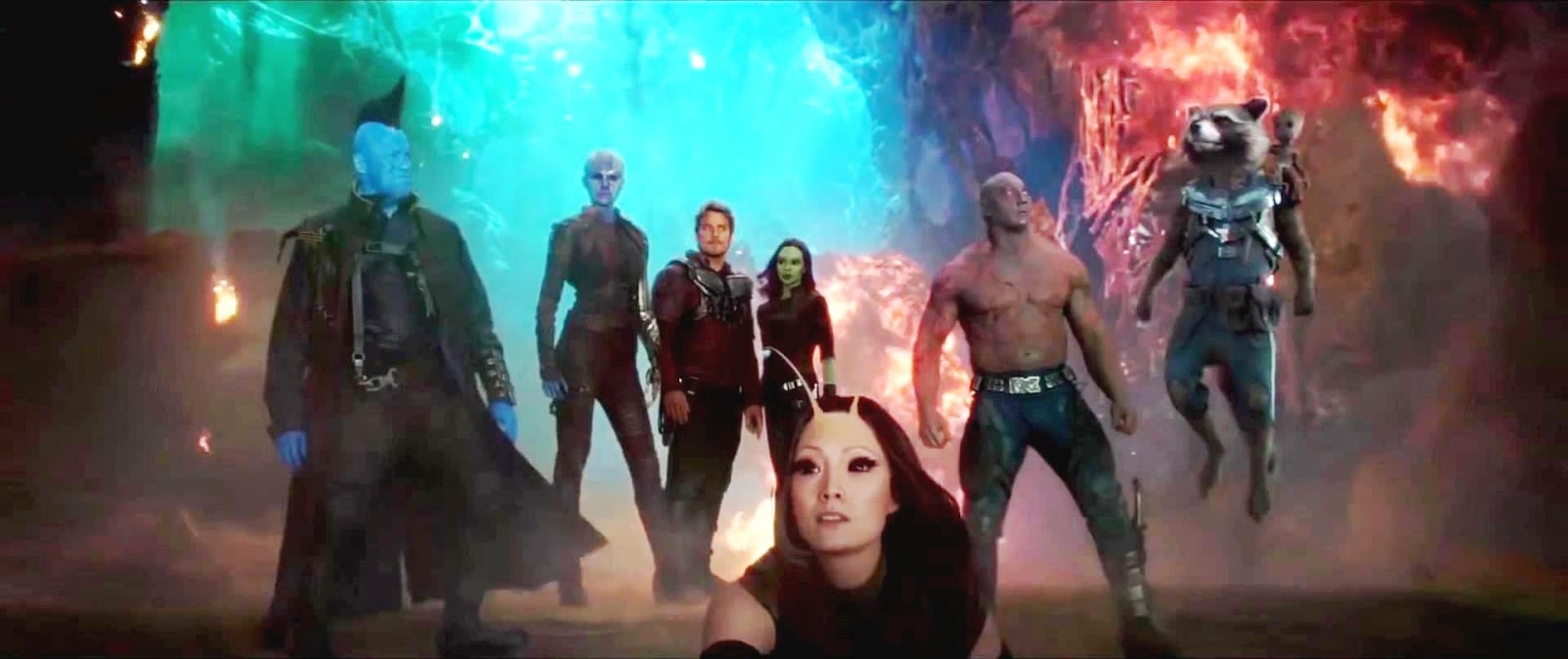
I didn’t much like the first Guardians of the Galaxy when it was released three years ago. But it’s grown on me, insistently, like some kind of extra-terrestrial parasite. As cluttered as the storyline was, as rote as the cosmic villainy and space opera tropes tended, as flashy yet merely competent as the action scenes proved, there was a simpler, rather nifty film in there amidst all the studio-mandated base-touching. That smaller project was rife with impudent humour and characters who earned their stripes as pop culture icons with startling speed, including the Bradley Cooper-voiced antisocial raccoon Rocket, the hulking but metaphorically challenged Drax (Dave Bautista), the cocky, perma-adolescent corsair Peter ‘Star Lord’ Quill (Chris Pratt), and the ferocious Nebula (Karen Gillan), exterminating angel and adopted sister to the rather more generic action chick, and object of Quill’s affection, Gamora (Zoe Saldana). Director and co-screenwriter James Gunn, who had already dismantled superhero tropes completely with his blackly comic 2010 film Super, rebuilt them in his own scattershot way. The first entry also represented an expansion of the spry but hitherto mostly straightlaced Marvel Films brand into big-scale sci-fi adventure with a big dose of smart-aleck humour and pop movie self-awareness, playing on the audience’s own cultural memory to make double-edged jokes involving retro detritus, like the tapes loaded with oft-dismissed classic rock radio staples that are Quill’s constant companions, and plentiful references to the kind of disreputable movies kids of recent decades cut their teeth on. The trouble was that instead of actually achieving the kind of fugue-state entertainment Gunn’s models seemed to enter into so easily back when, his film was reminiscent of the Pirates of the Caribbean movies in that it too often seemed more a monument to the idea of having fun than the actual experience itself.







